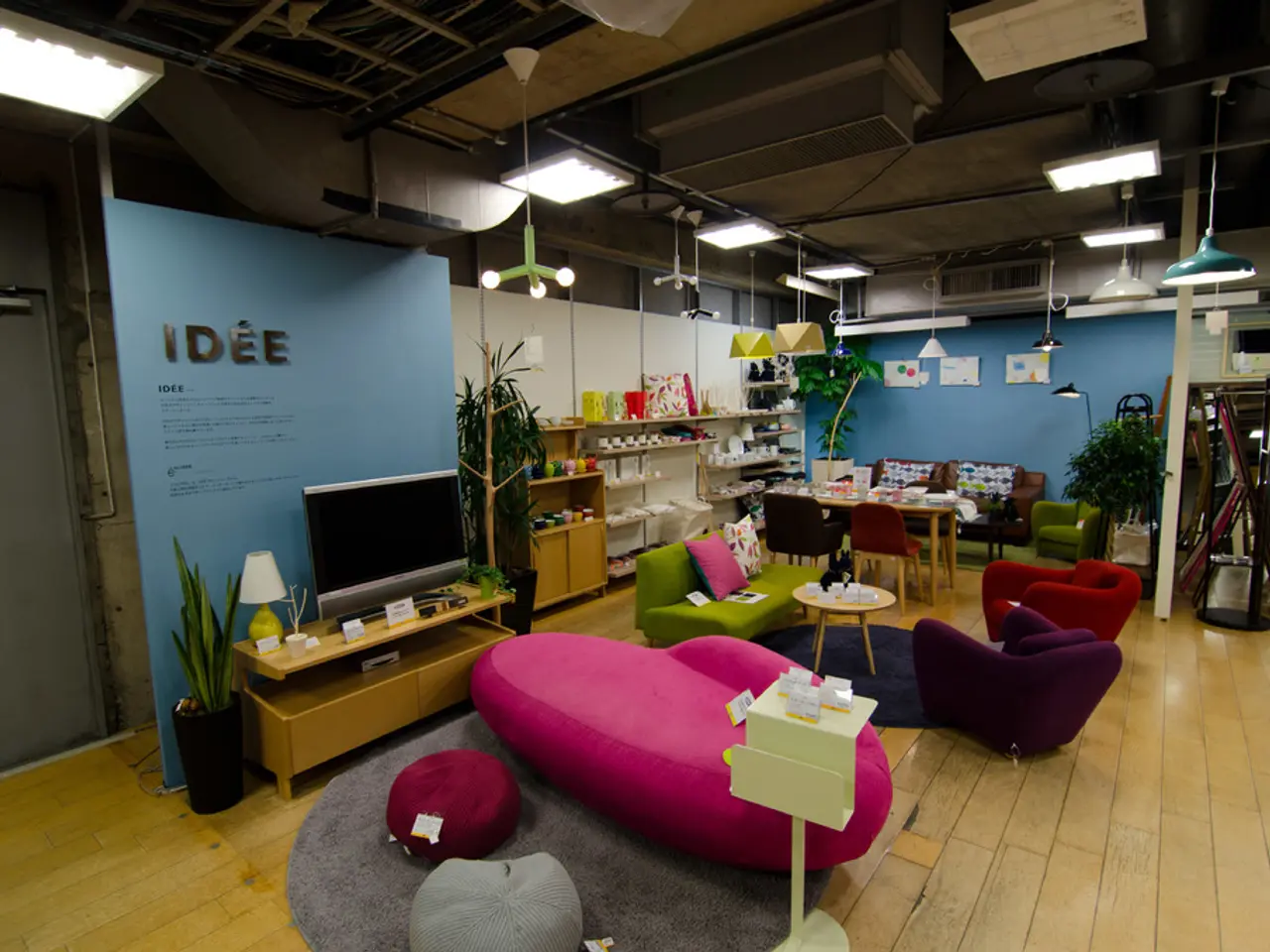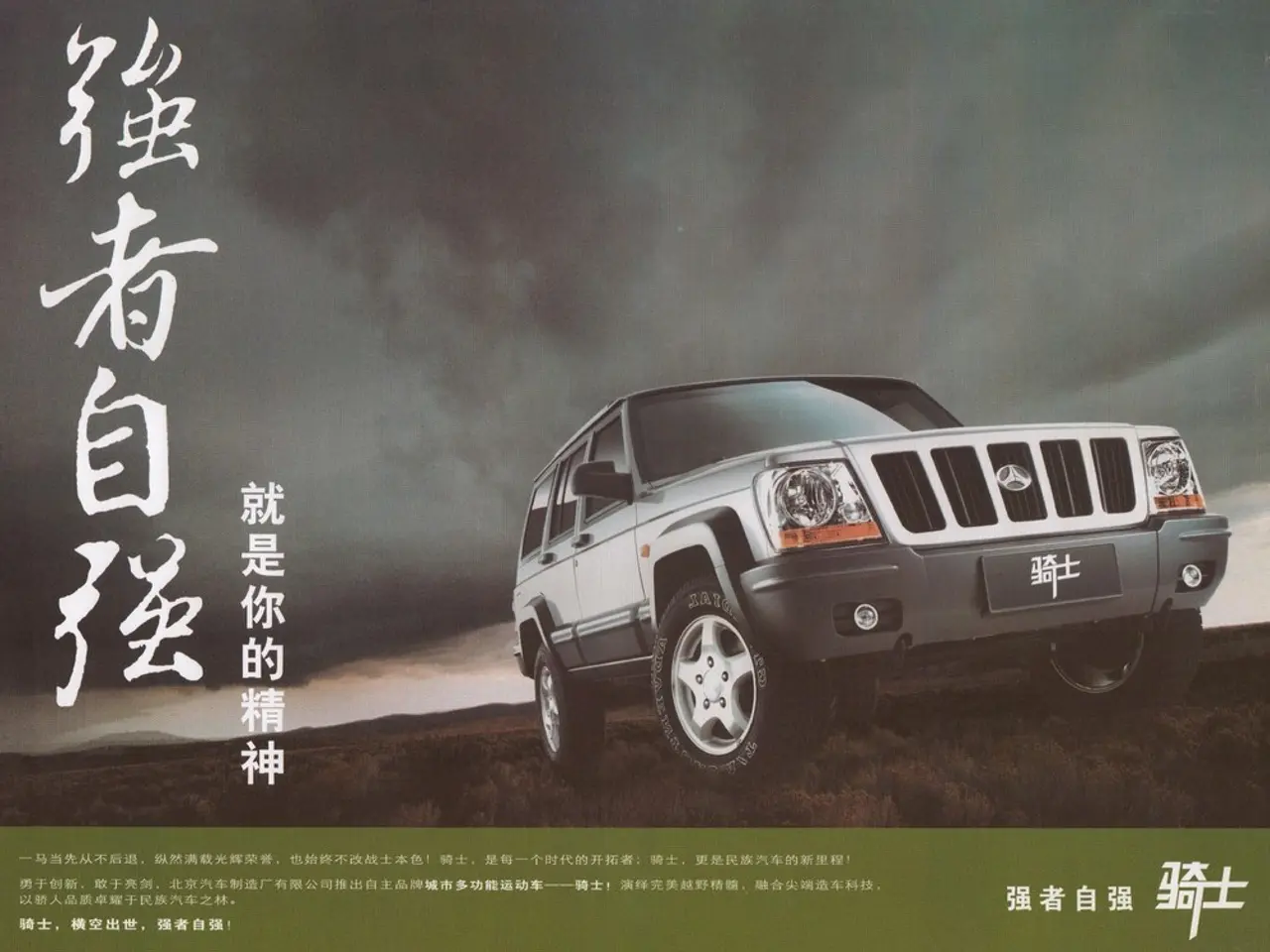Regions in Lombardy and across Europe urging EU to intervene and support the ailing motor industry
Catchy Title: Guido Guidesi Storms Strasbourg: A Fight for Europe's Automotive Future
Quick Read: 2.5 Minutes
Guido Guidesi, Lombardy's Economic Development Assessor, stepped into the ring at the heart of Europe with a mission - to save the European automotive industry from the brink of disaster. His battle cry? Technological neutrality and diversity.
Guido, also President of the Automotive Regions Alliance (ARA), faced off with 40 European regions, including the President of Grand-Est and Bavaria's Minister, in a high-stakes meeting in Strasbourg. The automotive industry and steel production, two pillars of Europe's manufacturing, were the focus of their tense talks.
In a passionate plea, Guidesi urged his peers to defy the current European Commission directives, describing them as a recipe for the "greatest economic self-inflicted wound in history". Over one-third of Europe's production potential lies idle, risking 500,000 jobs, with Italy's car production in 2024 down by 20% compared to 2019, and some components plummeting 30%. This sector single-handedly supports over 30,000 companies, 100,000 jobs, and a whopping 40 billion euros in Lombardy.
Technology Neutrality: The Silver Bullet?
With a fierce determination, Guidesi championed the "Lombardy System's" battle cry - technological neutrality and traction diversity. Europe must heed their call, or risk losing this strategic sector, he warned. Despite their efforts since 2021, with alarms raised, scientific documents backed by the Lombardy Mobility Cluster and universities, and alliances forged with European regions, the European Commission and Parliament remained deaf to their pleas.
In a last-ditch attempt to save the industry, Lombardy submitted two documents to Commissioner Tzitzikostas: The "Monza Declaration" signed by the 40 ARA regions, promoting technological neutrality, and the "Manifesto of Renewable Fuels" signed by major stakeholders and national sector associations, advocating for low-emission traction diversity.
United They Stand
The ARA plenary meeting was an opportunity for European regions to unite against the growing crisis in the automotive sector. Common strategies were devised, and the updated "Manifesto of Renewable Fuels" from Lombardy was presented, aiming to strengthen solidarity and influence European Commission and Parliament decisions.
Guidesi broadcasted a positive message, stating that the regions shared a common concern for technological neutrality and had collectively requested increased regional involvement in the new action plan. The German Länder (Bavaria, Saxony, and Baden-Württemberg) expressed support for the Lombard Manifesto, a significant shift from their previous focus on e-fuels.
With their sights set on safeguarding industries and jobs, Guidesi and the ARA will continue their relentless pursuit of advocacy and policy change. Their collaboration aims to ensure that the automotive industry's continued dominance across Europe remains unshaken.
- Guido Guidesi, in his role as President of the Automotive Regions Alliance (ARA), has been advocating for technological neutrality and traction diversity in the European automotive industry, which he believes is crucial to avoid losing this strategic sector.
- In an effort to save the automotive industry, Guidesi and the ARA have submitted two documents to the European Commission: the "Monza Declaration" promoting technological neutrality and the "Manifesto of Renewable Fuels" advocating for low-emission traction diversity.
- The ARA, united against the crisis in the automotive sector, has devised common strategies and presented an updated "Manifesto of Renewable Fuels" from Lombardy, aiming to strengthen solidarity and influence European Commission and Parliament decisions.
- The ongoing collaboration between Guido Guidesi and the ARA focuses on advocating for regional involvement in the new action plan and safeguarding the dominance of the automotive industry across Europe, which supports over 30,000 companies, 100,000 jobs, and 40 billion euros in Lombardy.




